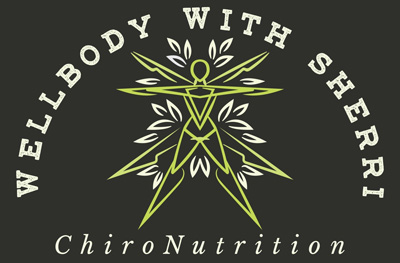If we’ve learned anything from 2020, it’s that many things in life are outside our control. And this year, that realization was a bitter pill to swallow.
While you may not be able to remove the thing or things that are causing you stress, you’ve probably felt the impact of stress on your body – namely, in areas like your eating habits and digestion.
If all the changes from this past year have taken their toll on your gut, here are three simple practices that will help turn your digestion around.
1. Eat the Rainbow
Don’t go grabbing that bag of Skittles quite yet. We’re talking about eating a variety of different colored foods.
Why does this matter? Well, you have about 50 trillion bacteria from at least 500 different species in your intestines. And this is a good thing. The more species you have, the greater the health benefits. And guess what? Each of those species plays a different role in your gut health, and they each need different nutrients in order to grow and thrive.
One way to nurture our little bacterial friends is to eat a variety of foods. So, look for foods that are different in:
- Color. Each color group has different vitamins and nutrients in it. So, when it comes to eating fruits and veggies, make sure to serve yourself up every color in the rainbow.
- Type. To maximize the nutrients you’re providing to your gut microbes, the more diverse your diet is, the better. Eat an array of vegetables, beans, fruits, and legumes. And be sure to include gut-friendly fermented options, like kefir, sauerkraut, and kimchi.
The Western diet or Standard American Diet (SAD) won’t set you up for success. Instead, consider the Mediterranean Diet or adopt a more Paleo eating style to provide the maximum nutrients for your body to thrive.
2. Eat More Polyphenols
Polyphenols are super important micronutrients that we get from plant-based foods. They’re jam-packed full of antioxidants along with other health benefits, such as lowering cholesterol and blood pressure. Because polyphenols can’t always be digested efficiently by the body, they usually end up in the colon where your gut bacteria are more than happy to digest them.
Here are some great sources of polyphenols:
- Green tea
- Almonds
- Onions
- Broccoli
- Blueberries
- Red wine (Grapes are high in polyphenols, with red wine grapes having higher levels than white.)
- Dark chocolate and cocoa
Food has the power to act as natural medicine, so if you’re looking to support your gut, start with your plate!
3. Stabilize Your Gut With Prebiotics
Prebiotics and probiotics get a lot of attention these days. While they sound similar, they’re actually quite different. To put it simply, “probiotics are beneficial bacteria, and prebiotics are food for those bacteria.” Prebiotics are critical because they provide the right type of food that allows your gut bacteria to flourish!
One of our favorite prebiotic supplements is GI Stability which provides amazing support for your intestinal tract by providing targeted prebiotics. These will help support a healthy gut and feed those good bacteria. This particular supplement contains a unique type of prebiotic (2’-FL) that resists digestion so it can move straight to the lower GI tract and do its job.
Follow Your Gut
Your gut influences everything in your body – from your brain to your digestion to your immune system. So when your gut is healthy, your entire body functions much better. And given what we’ve gone through this past year, we could all benefit from a little ‘gut love.’
Look for ways you can support your gut every single day. If you’re not quite sure where to start, we’d be happy to talk with you more about how you can do that. Your body will thank you!

